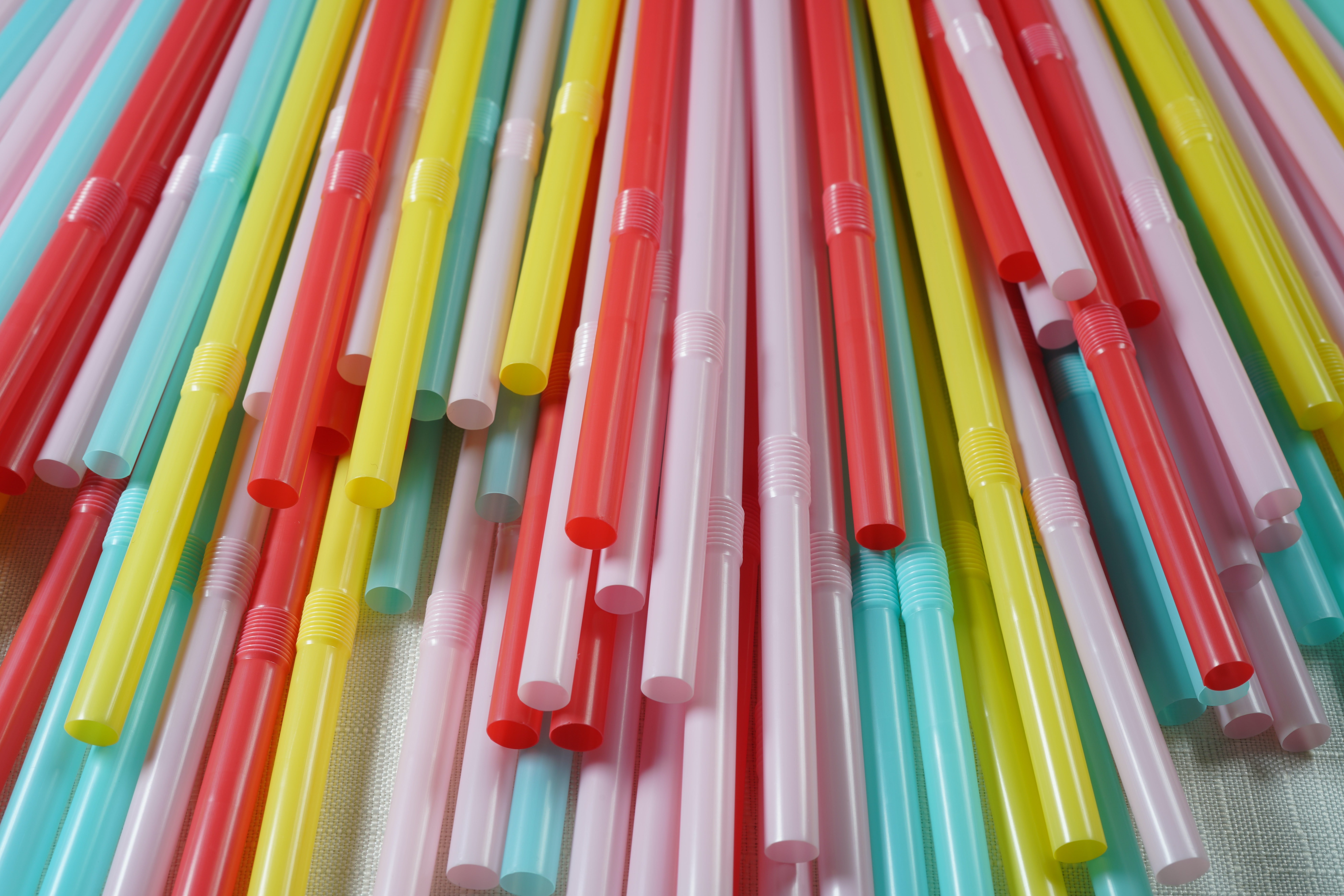Single-use plastic damages the environment, the wellbeing of wildlife and human health.
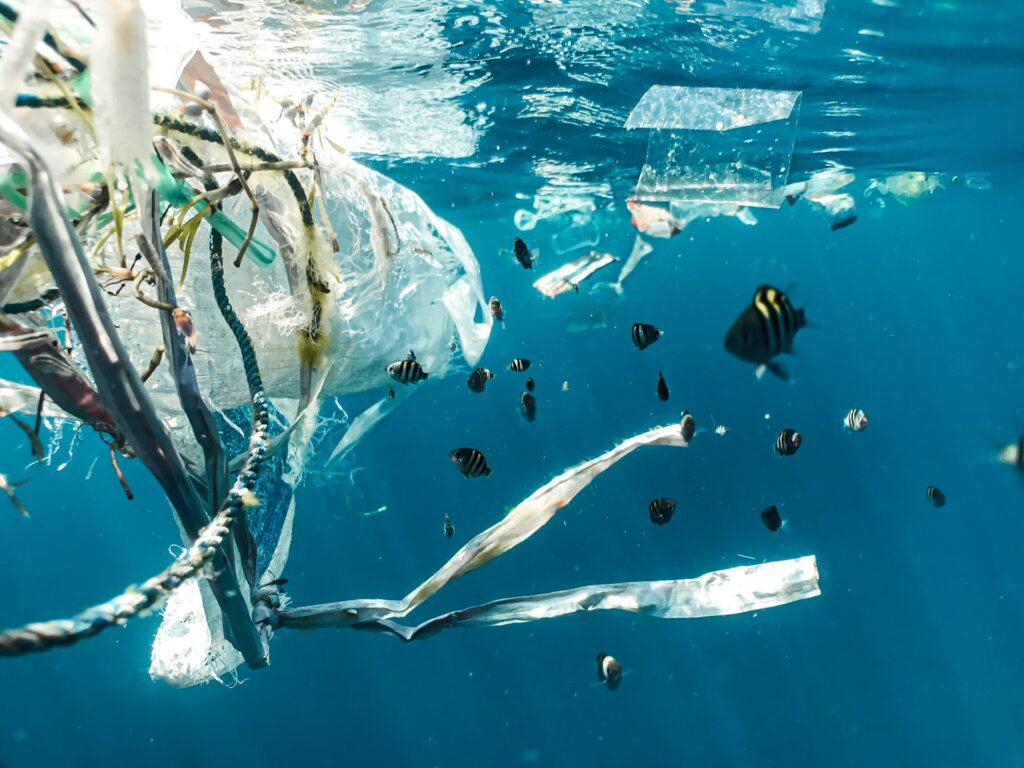
Why is it bad for the planet?
Most single-use plastics are made from fossil fuels. So they’re damaging to the environment right from the start.
When plastics are thrown away and end up in landfill sites, they emit greenhouse gases as they slowly disintegrate into tiny pieces called microplastics. These particles end up in waterways, as do the chemicals that can leach out as they break apart. This process may take hundreds of years (because plastic is relatively new, scientists don’t know for sure how long the breakdown takes).
In 2022, microplastics were found in human blood for the first time. It’s not yet clear how much damage that’s causing us.
When plastic ends up in the ocean or rivers, animals can mistake it for food – sea turtles, for example, are often found with their stomachs full of plastic bags. It’s estimated that millions of marine creatures are killed by plastic every year.
Does recycling solve the problem?
Not all single-use plastics can be recycled – but even of the items that can be, the vast majority still end up in landfill sites. Globally, only 9% of plastic is recycled.
Recycling plastic is often expensive and complicated. Increasingly, experts do not consider recycling to be a solution to plastic pollution.
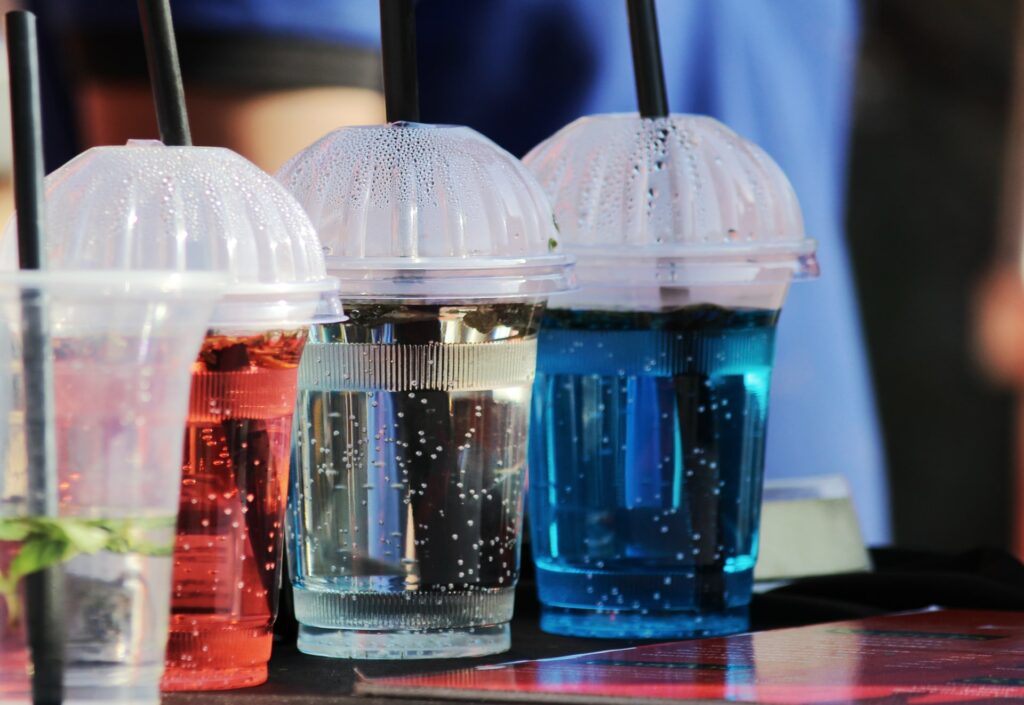
What’s the fix?
The big-picture solution is to dramatically reduce single-use plastics.
In some cases, this is relatively easy. In other situations, it’s trickier.
For example, some people rely on bottled water. In this instance, governments need to provide better access to clean running water. That’s not an overnight fix. The medical industry also uses a lot of single-use plastic that is difficult to switch out.
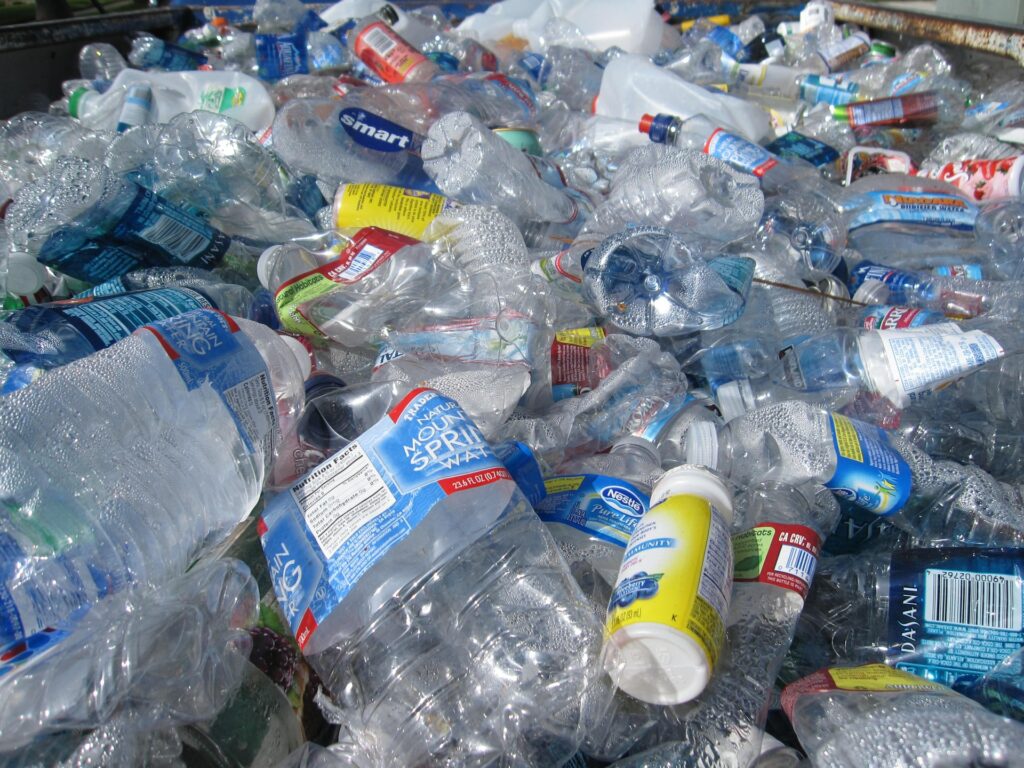
How to reduce single-use plastics
- If you live in a place with easy access to clean running water, there’s no need to regularly use single-use water bottles. Buy a reusable bottle if you don’t already have one and fill it up before you head out, from taps or coolers at work and at public water fountains.
- Vegetables and fruit don’t need to be wrapped in plastic – buy loose and use reusable bags if you need to.
- Remember your reusable shopping bag – ideally keep one or two in the car or in your bag (the ones that pack into a tiny pouch are ideal for this).
- Make it a habit! We know showing up with your reusable water bottle, coffee cup, bag – and the rest – seems like a lot to remember at first. But it all helps.
- Find plastic-free alternatives, such as paper cotton buds or bar soap in paper packaging.
- And when you have to use plastic, rinse it out and recycle it.
SOP TIP: The trick to being sustainable is not buying 100 cotton bags or collecting aluminium water bottles in the belief that it’s better than using plastic. These items still require lots of water and energy in their growing and manufacturing respectively. Reduce is the key word!

On a top level, we can put pressure on governments and businesses to restrict single-use plastic production and use.
- Vote for people who are serious about protecting the environment – check their policies or write them an email to find out more.
- Sign petitions to show governments that you care.
- Spend your money with businesses who take plastic pollution seriously – no greenwashing!
- Send constructive feedback when you see single-use plastics being used where there’s a good alternative. For example, in hotel rooms or your workplace kitchen.
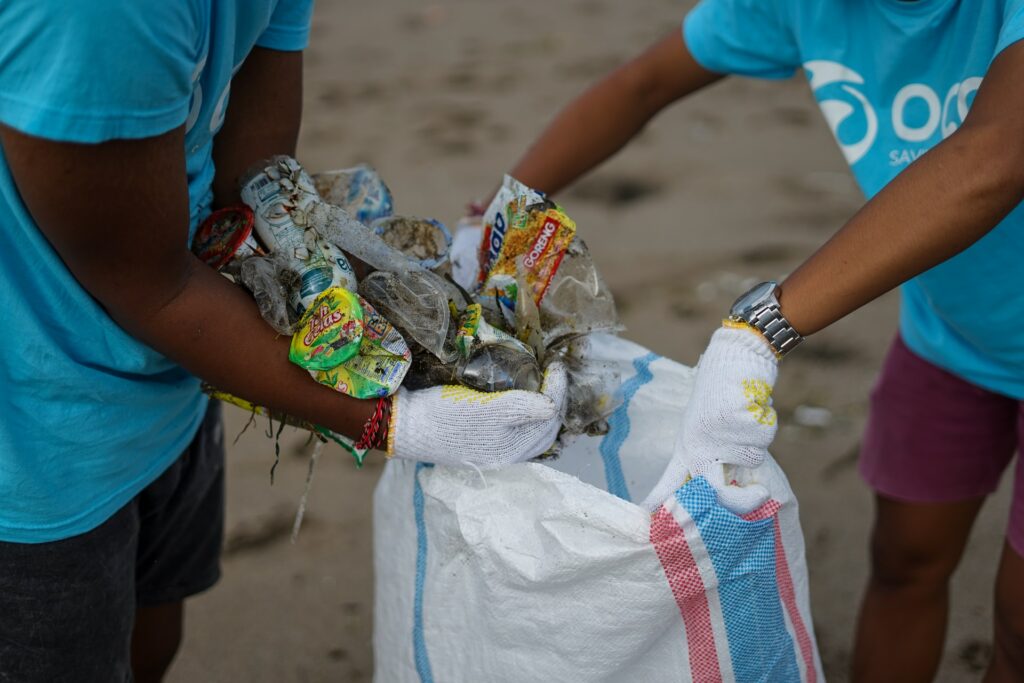
Sources
Center for Biological Diversity, 10 facts about single-use plastic bags
Everyday Recycler, What Are Single-Use Plastics and Why Are They Bad?
Greenpeace, Plastic Pollution FAQs
NRDC, Single-Use Plastics 101
OECD, Plastic pollution is growing relentlessly as waste management and recycling fall short, says OECD
Politico, The problem with recycling? One word: Plastics
Slate, Will My Plastic Bag Still Be Here in 2507?
The Guardian, Microplastics found in human blood for first time
Two Oceans Aquarium, The plastic problem: How does plastic pollution affect wildlife?
United States Environmental Protection Agency, Plastics: Material-Specific Data
WWF, The lifecycle of plastics

